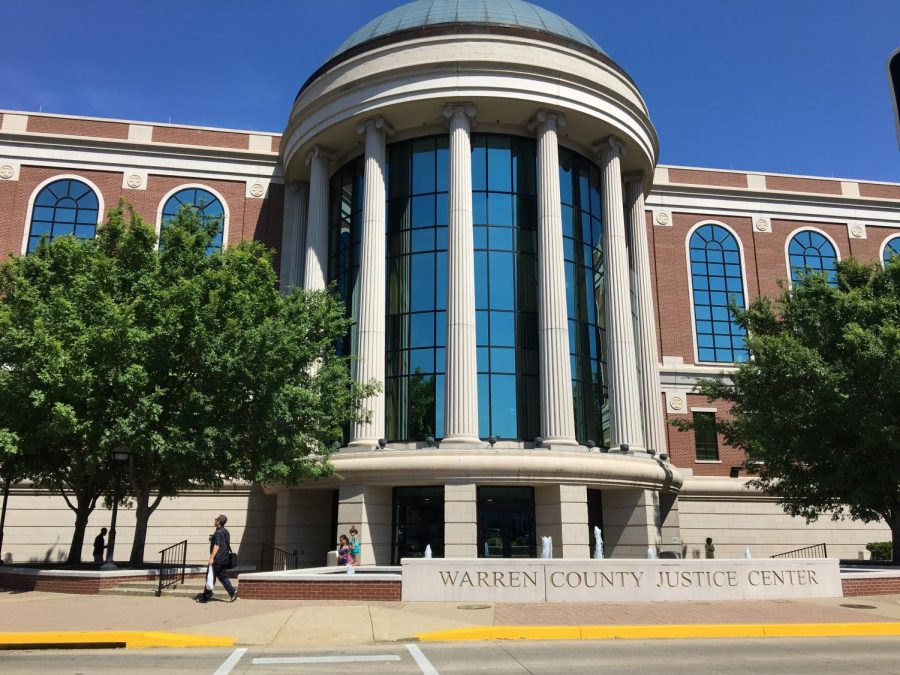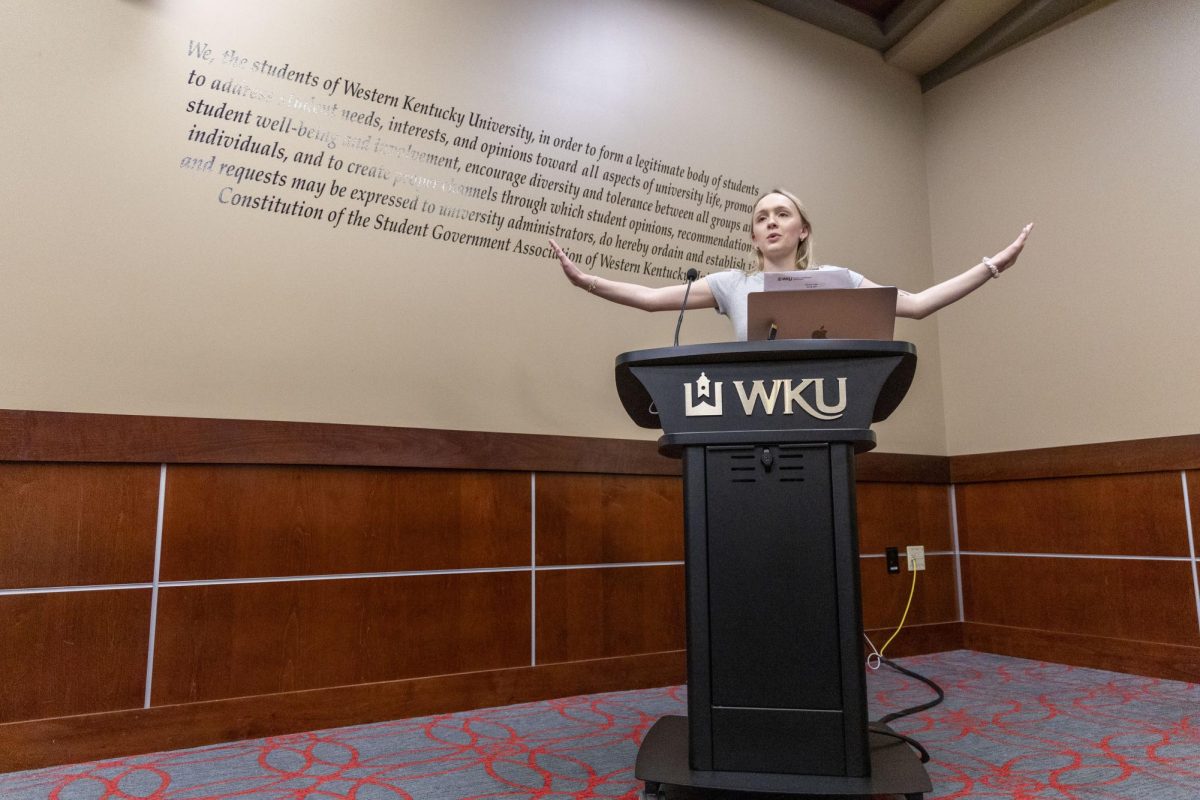WKU releases heavily redacted documents from its lawsuit against Herald
June 2, 2021
WKU released 1,896 pages of its sexual misconduct investigation records from 2011 to 2016 on Friday, but the documents were heavily redacted of information of what occurred to prompt the allegations, details of what happened in the investigations, and in some cases the names of faculty and staff supervisors who were informed of the investigations.
In at least one of the cases, WKU redacted words from two of its own policy documents — Discrimination and Harassment Policy No. 0.2040 and Title IX-Sexual Misconduct/Assault Policy No. 0.2070 — which were part of the case file but are available in full on the university website.
“It is inappropriate for them to have redacted this much information,” College Heights Herald attorney Michael Abate said.
Bob Skipper, WKU’s director of media relations, is out of the office until Monday and said he needed to make sure his information was correct before commenting.
In November 2016, a reporter for the College Heights Herald requested documents of investigations involving sexual misconduct by faculty or staff against students during the previous five years. The Herald made the same request of every public university in Kentucky.
Only WKU and Kentucky State University in Frankfort refused to deliver the documents; the other six universities complied.
The Herald sought an attorney general’s opinion on whether WKU withholding the documents violated the Kentucky Open Records Act, and WKU refused to turn over the documents to the attorney general’s office for review. The attorney general determined WKU was violating the law and ordered the university to turn over the records to the Herald.
Instead, WKU sued the Herald in February 2017, the university’s only option under the law to challenge the attorney general’s ruling.
The case languished in Warren County Circuit Court until March 25, when the Kentucky Supreme Court ruled in a similar case between the University of Kentucky and the Kentucky Kernel, the university’s student-run newspaper, that UK could not withhold the records in a case involving a UK professor.
UK sued the Kernel in September 2016 after the Kernel filed an open records request for records in a sexual misconduct investigation involving one professor and a small number of graduate students.
The Supreme Court ruled March 25 in the UK case that UK could not hide the records of its investigation from public scrutiny under the Family Educational Rights and Privacy Act (FERPA), which WKU was using as its reason to refuse to release records in the Herald case.
Abate, the Herald attorney, said both cases have many similarities, but for WKU any students and faculty or staff involved in sexual misconduct would be difficult to identify in comparison to the number of female students in a smaller graduate department program at UK.
The day after the UK ruling, WKU said it would follow the Supreme Court’s directives and release records to the Herald, redacted as outlined in the UK ruling, within 30 days. Those records arrived at 6:05 p.m. on May 28, the Friday before Memorial Day weekend.
Abate said WKU is ignoring the Open Records Act, and prior to the records being released Abate provided examples of cases where institutions had ignored and violated the Open Records Act.
“Before these records were produced, we told them we expected them to tell us the names as required by law,” Abate said. “These redactions prove what we knew all along is that they weren’t trying to respect students’ privacy but WKU didn’t want us to see how they had handled it.”
WKU released the documents from five of six cases in which the university found violations of policies likely occurred. In each of those cases, WKU said the faculty or staff member involved either resigned or retired, ending the case. WKU also released the documents from 12 other investigations which found no violation of policy; those documents were heavily redacted, including names of the accused faculty and staff and the dates when memoranda were written.
WKU withheld documents from the sixth case in which a violation was found, with WKU attorney Ena Demir telling Abate via email that “one of the respondents has notified WKU that he objects to the disclosure of his file and intends to fight it.”
In a return email, Abate told Demir: “We expect you to produce the sixth referenced file promptly unless there is a court order prohibiting its release. That person’s desire not to have it disclosed is not relevant to your duty under the law to produce it.”
Digital News Editor Debra Murray can be reached at debra.murray940@topper.wku.edu. Follow her on Twitter @debramurrayy













